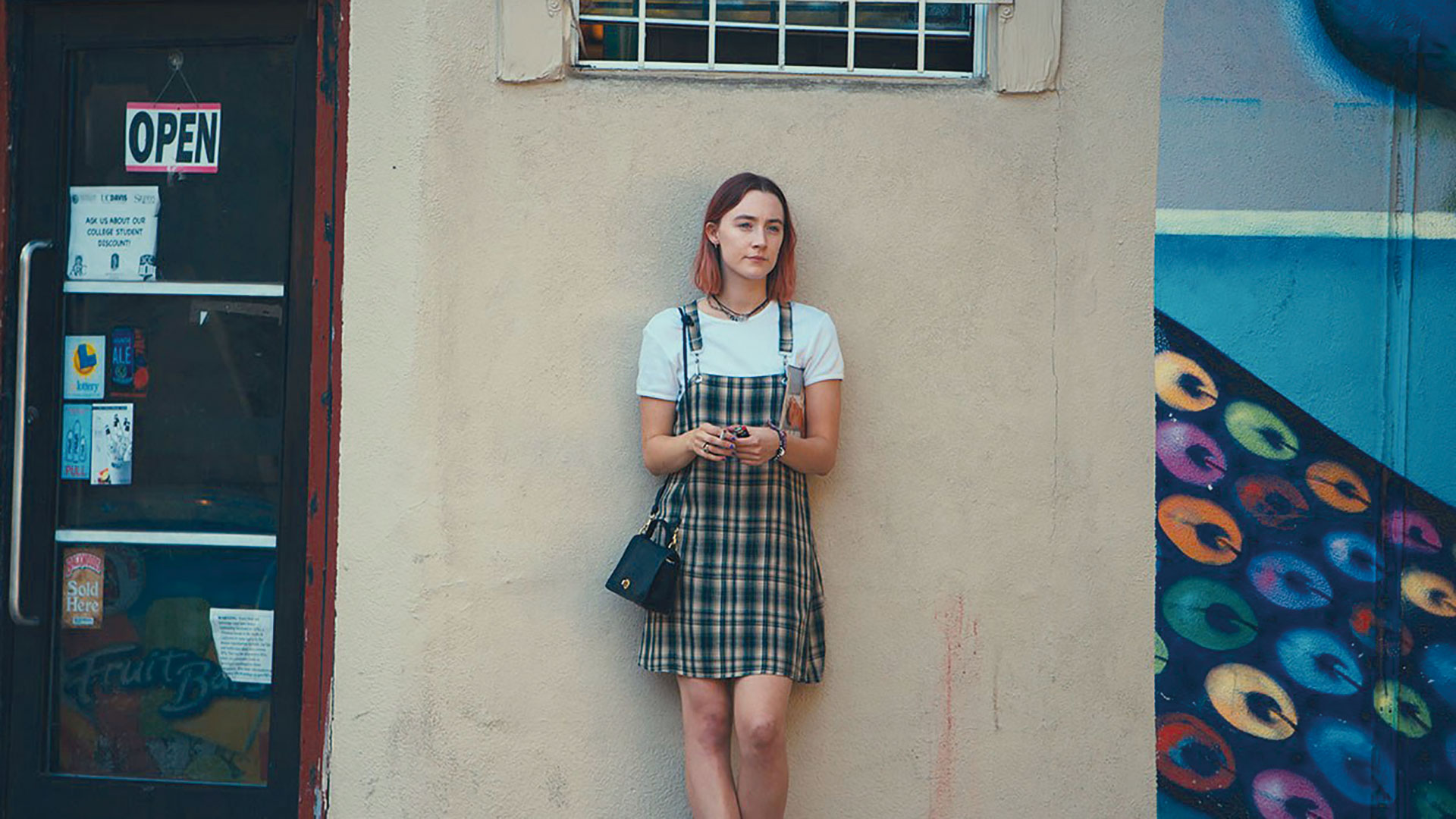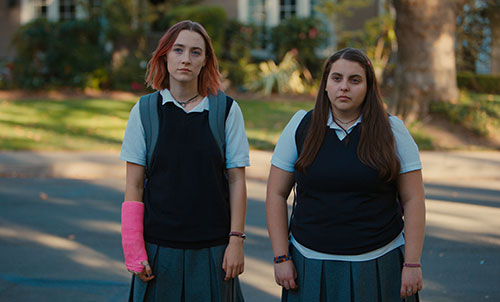Actress Greta Gerwig’s winning feature debut as writer-director takes its title from its lead character: Lady Bird, a 17-year-old Californian brilliantly played by Irish actress Saoirse Ronan, who is desperate to leave her home town in Sacramento for the faraway sophistication of college on the East Coast. I say that Lady Bird is her name, but it’s more accurate to report that this how our heroine, with whimsy and wilfulness that are her trademarks, has elected to be known. Her real name, and what her parents call her to vexed protests, is Christine.
The eternal push-pull of individual desire and familial obligation – between forging your own identity and growing out of the one foisted on you by your parents – is a central concern of this lovely, sweetly affecting coming-of-age comedy.
Usual adolescent stuff, I guess, but for the headstrong Lady Bird it is an occasion for the highest of drama. A young woman with a gift for theatrical overstatement, she starts the film by responding to a gentle argument with her mother Marion (Laurie Metcalf) by jumping out of their moving car (and fracturing her arm). She wears on that injured arm a cast, a perverse badge of pride as to prove to her contrary mother that she was right all along.
So this is a film about a young woman with a penchant for grand gestures, but what’s so striking about Lady Bird is its delicacy and its clarity of insight; it is a film of modest truths, beautifully struck. The focus is on Lady Bird’s testy relationship with Marion (Metcalf, at turns spiky and tender, gives a career-high performance). The older woman is reluctant to approve Lady Bird’s ambition to go to an expensive East Coast college. Her school careers’ officer dismisses Lady Bird’s prospects – a humiliation that the mostly indefatigable Lady Bird just shrugs off.
She wears on that injured arm a cast, a perverse badge of pride as to prove to her contrary mother that she was right all along
But Marion has other reasons to question the plans: with her husband, played with gentle-bear sadness by Tracy Letts, now redundant, she worries it’s too costly. World-weary realism encounters flighty teenage dreams in the battle, and the great appeal of Gerwig’s direction is that she never takes sides: instead this is an exquisitely detailed and quietly moving portrait of a mother-and-daughter relationship, charged with humour, and resounding with understated honesty.










